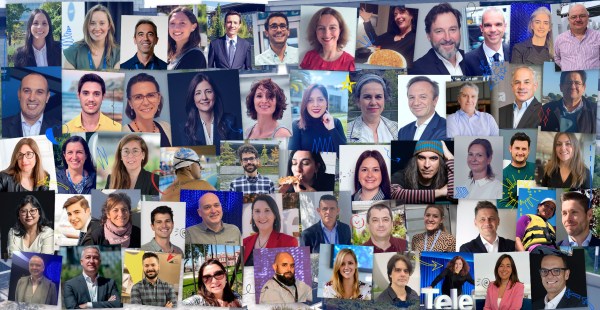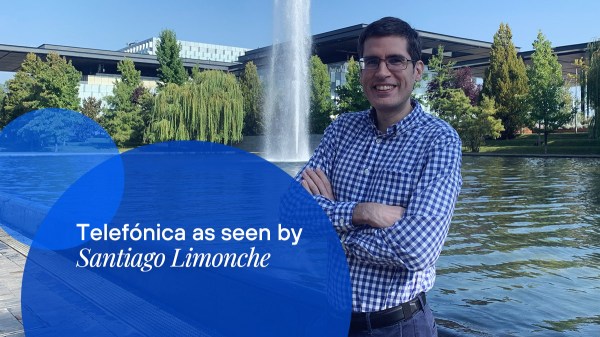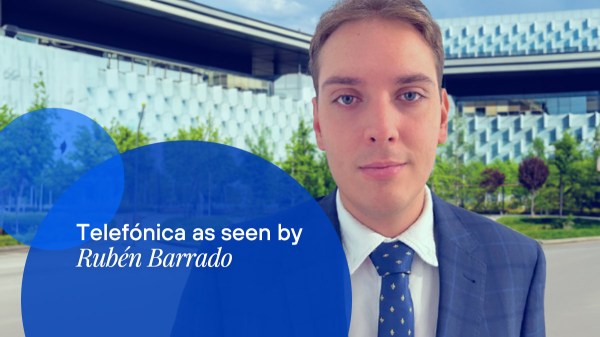How long have you been with Telefónica and what is your assessment of your time here?
I am extremely proud and very grateful to have had the opportunity to work at Telefónica for a decade. It has been an enriching experience both professionally and personally. During this time I have grown professionally and I have been able to develop my skills in web, Big Data and artificial intelligence in an environment of great professionals from whom I have learned a lot. I also feel that I have been part of innovative and challenging projects. In fact, one of the most rewarding aspects is seeing how we have had a positive impact on people’s lives.
Is there a project at Telefónica that you are particularly proud or satisfied with?
In all the projects I have been involved in, I am proud to have done my bit. If I have to highlight one project, I would choose RadaR within Telefónica Spain’s Operations, Network and IT. RadaR is the network performance analytics project that allows us to identify patterns and trends as well as detect potential problems and areas for improvement in the performance of network equipment. We work closely with network departments to thoroughly understand the environment and address needs and challenges that arise. From there, RadaR designed and implemented a scalable and efficient architecture for big data processing. This project is an innovative solution that saves maintenance costs and improves the end user experience. I am proud to be part of this project especially because the team is an inexhaustible source of knowledge and a great working environment.
What do you think Telefónica has contributed to society from birth?
Within all its activity, for me the most important thing has been the impact of the evolution of communication from its beginnings to what it is today. Communications today and always have been so essential. Having a good connection has democratised access to information and has had a direct impact on the evolution of technology and the discovery of new advances, such as cures for diseases. Telefónica has contributed to 80% of homes in Spain having fibre to their homes. This is an impressive milestone given that our European neighbours are at 40% or 55%. It has also been a pioneer in investing in small municipalities, helping to improve the empty Spain. If we think about it, wherever coverage is extended, there are stories of improvement, entrepreneurship and economic, technological and social growth, improving people’s quality of life.
Could you live without a mobile phone?
It would certainly be a complete challenge today. These devices give us access to a wide range of services and applications that simplify and improve many aspects of our daily lives. Now a mobile phone is not just for making calls, we also browse the internet, manage social networks, use productivity apps, entertainment and much more. However, it is also important to find a healthy balance. Over-reliance on mobiles can affect the way we interact, the way we concentrate on tasks and the quality of our free time. Digital hyperactivity has become so ingrained that the ability to wait without being constantly busy or distracted has been affected. The important thing, no doubt, is to find a balance. A balance, but with mobile
Help us solve one of humanity’s great enigmas: the potato omelette… With onion or without onion?
As a Big Data expert, I make my decisions based on data. According to the latest NC Report survey for La Razón in 2021, 66.9% prefer the Spanish omelette with onion. The most onion lovers are between 35 and 54 years old. Come on, I’m an onion lover.










